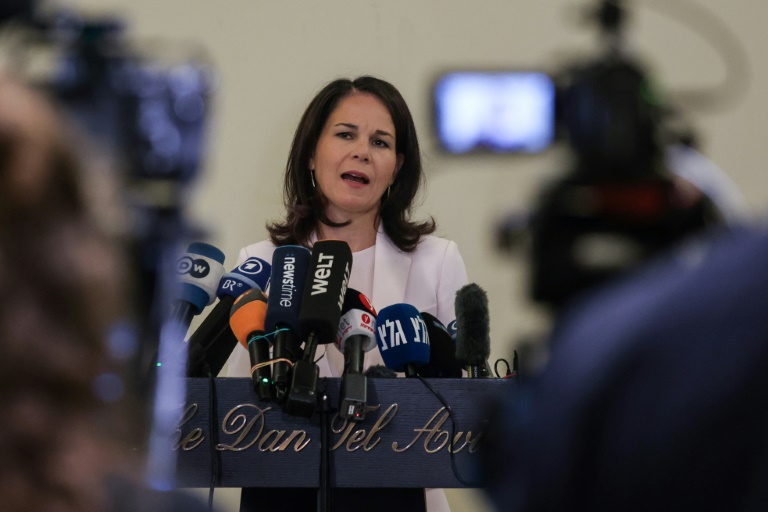Just days after Mayor Mike Johnston urged Denver voters to pass an affordable housing sales tax this November, City Council members on Wednesday questioned if the measure was ready for the ballot — and delayed its progress for at least two weeks.
Members led by Councilwoman Jamie Torres cited numerous concerns during a committee hearing, including a lack of specificity in the proposed ordinance language. Torres said she wanted to provide voters with a clearer picture of just what that 0.5% sales tax — an increase on top of Denver’s current 8.81% effective rate — would pay for.
“I feel like if we’re asking voters to approve something in the range of $100 million a year, we should be able to tell them at the time that they are voting what they are voting to do,” Torres said. She emphasized that the ballot referral measure, which needs council approval to reach the ballot, does not have her vote yet.
“It isn’t just, ‘Let’s send it to the voters and let them decide.’ They are already being asked to support this, and we haven’t even approved it yet.”
Johnston unveiled his proposed tax July 8 and it featured prominently in his State of the City address on Monday.
Torres said she was looking for assurances that more of the tax proceeds would be focused on creating more housing for households making 60% or less of the area’s median income, rather than being spent to serve a broader range of earners. The income limit to qualify at the 60% level varies by household size but is $78,240 per year for a family of four, according to city guidelines.
Her comments followed a presentation by Jamie Rife, director of the city’s Department of Housing Stability, outlining uses the Johnston administration is eyeing for the money generated by the tax measure, which they’ve dubbed “Affordable Denver.”
They include providing financial support to renters who are struggling to keep up with rising housing costs, providing down-payment assistance for Denverites seeking to buy homes, and increasing the city’s supply of new income-qualified housing by making city government an equity investor in new projects.
Projects that would bring about 3,500 units of new housing to the market are stalled out in Denver because developers don’t have all the financing they need, Rife said, citing an example of a way the city could make an impact with the new funds.
As written, the ordinance would require the housing department, known as HOST, and the Department of Finance to draft a first-year plan for the funding by Jan. 31, 2025, Rife told the committee. That plan would then be subject to a public input process overseen by HOST’s appointed board of strategic advisers.
“I want to be really clear that the way the uses are written, these are some of the ideas that we have now, but the ordinance has been written in a way that this isn’t a fully exhaustive list,” Rife said.
Other concerns raised in the meeting included a lack of substantial input from the city’s business community thus far and whether or not city leaders should put a sunset date on the tax. If they did, it would expire unless voters approve an extension.
A sunset date would interfere with plans to potentially issue bonds against the new tax revenue, a strategy aimed at providing more upfront cash to jumpstart the city’s investments, Chief Financial Officer Nicole Doheny told council members.
Torres and the six other members of the council’s Safety, Housing, Education and Homelessness Committee voted unanimously to delay the panel’s final consideration of the tax referral until Aug. 7.
They included council president Amanda Sandoval, who is one of the five council members co-sponsoring the measure to refer the ordinance to the ballot. The others are Sarah Parady, Shontel Lewis, Darrell Watson and Diana Romero Campbell.
Sandoval acknowledged the referral process was moving very quickly and said she supported the delay to ensure the legislative sausage-making would be done at the committee level, rather than on the council floor.
But that delay leaves little wiggle room in the timeline for the measure to make it on the ballot under election deadlines.
Mayor “committed to acting with urgency”
The mayor’s office responded to the committee vote delay Wednesday afternoon by emphasizing the urgency of the problem. City officials estimate that 50% of all Denver residents are paying at least 30% of their monthly income toward their housing, a threshold that meets a federal definition for being considered cost-burdened.
“Mayor Johnston is committed to acting with urgency to address this issue at the scale it deserves, and (he) has been working around the clock with the five council sponsors to ensure the ballot measure directly addresses our city’s affordable housing needs,” wrote spokesperson Jordan Fuja in a statement. “We know that the longer we wait, the more difficult and more expensive it will be to address Denver’s housing crisis, which is why we will continue to partner with Council to finalize the most effective ballot measure possible.”
The sales tax, if referred in coming weeks, would be one of two on Denver’s ballot this fall. Already approved by the council is a new 0.34% sales tax that would shore up the finances at Denver Health, the city’s social safety net hospital.
If voters approved both, Denver’s effective sales tax would rise to 9.65%.
Councilman Kevin Flynn voted against referring to the hospital measure to voters. He’s already indicated he would vote no on referring the housing affordability tax, too.
In questions to city officials Wednesday, he cited several other dedicated sales taxes passed by voters in recent years and to new city fees.
“How many new added fees and tax increases does it take to make us affordable?” he asked.
Should Johnston’s proposed tax measure pass out of committee Aug. 7, it would need to receive a first reading before the full council at its Aug. 19 meeting.
Then a final vote would happen Aug. 26; that is the milestone it needs to hit to reach voters on the Nov. 5 ballot, according to Anshul Bagga from the Denver City Attorney’s Office.
Stay up-to-date with Colorado Politics by signing up for our weekly newsletter, The Spot.
Originally Published:






